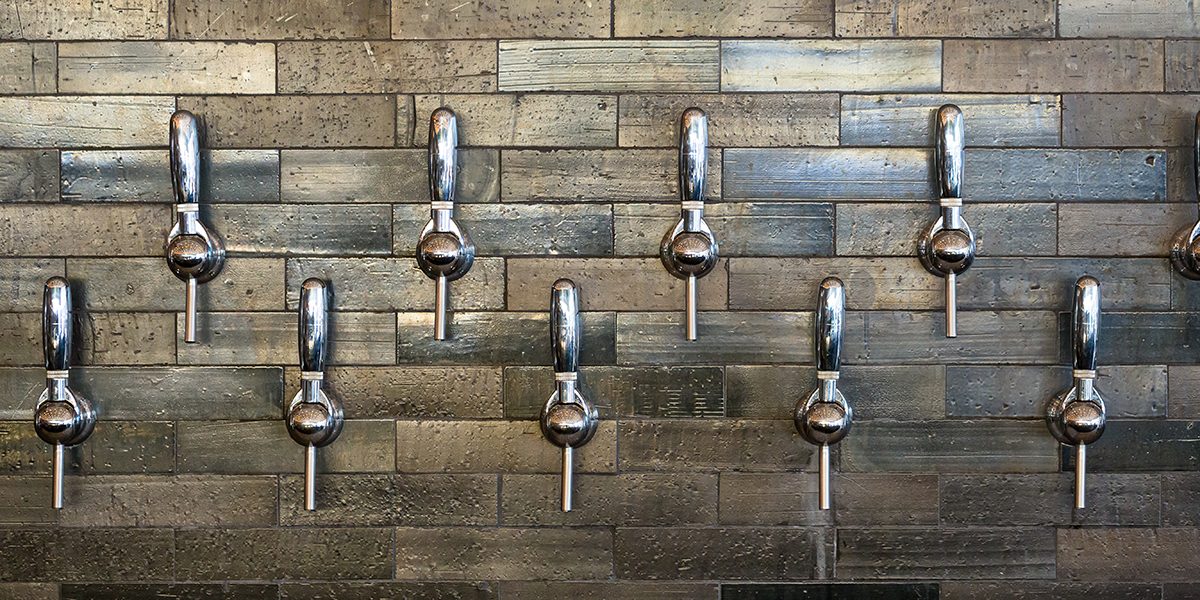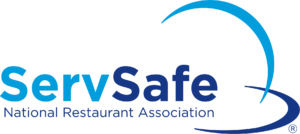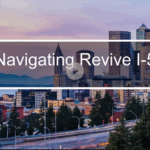The Washington State Liquor and Cannabis Board (LCB) announced this week they are stepping up compliance checks for alcohol delivery service.
While there aren’t many hospitality businesses currently offering alcohol delivery services, some may be considering the option. Any hospitality business that’s considering alcohol delivery service should ensure two critical items are in place before proceeding:
- A point-of-sale (POS) system that allows for direct ordering and payment receipt from the customer.
- A delivery system that relies on properly trained employees — not third-party services — to fulfill the guest’s order.
Here’s why…
Point-of-sale transactions
Washington Administrative Code (WAC) states only a liquor licensee or the licensee’s direct employees may accept payments and process orders for alcohol delivery.
This means alcohol delivery orders and payments cannot be fulfilled that come from third-party services like DoorDash and Uber Eats. Most third-party delivery services process orders and payments directly, therefore they would not be compliant with the WAC.
A hospitality business would need a POS system that accepts direct orders and payments from customers before involving the third-party delivery service to complete the transaction.
Enforcement & accountability
Current state laws and LCB rules put accountability and compliance completely on the liquor license holder. There are several laws and regulations that need to be followed as a license holder such as age verification and refusal of service to anyone showing signs of intoxication. Hospitality employees who serve and sell alcohol are required to have Mandatory Alcohol Server Training (MAST) permits.
Employees and independent contractors of third-party delivery services are not required to have MAST permits. For example, if a contractor with a third-party service provider fails to properly check for ID, the enforcement action will be directed to the liquor licenses holder — the hospitality business.
This is why any hospitality business that’s considering alcohol delivery service should ensure those services are carried out by employees with MAST permits.
Compliance refresher
State laws and LCB rules prohibit alcohol sales and alcohol consumption on premises for anyone younger than 21. The liquor licensee is responsible for verifying the ages of their guests. Failure to properly comply with the laws on age-restricted products may result in fines, license revocation, and possibly criminal penalties.
ID requirements
Identification MUST be valid (not expired) and show:
- The bearer’s date of birth,
- The bearer’s signature (except US Military ID – see below)
- A photograph of bearer
Types of acceptable ID
- Driver’s license, instruction permit, or ID card issued by any U.S. State, U.S. Territory and District of Columbia.
- Driver’s license, instruction permit, or ID card issued by any Canadian Province
- Valid Washington State temporary driver’s license
- S. Armed Forces ID card (encrypted signature acceptable)
- Merchant Marine ID card issued by the U.S. Coast Guard
- Official Passport, passport card, NEXUS card
- Washington State Tribal Enrollment Card (No expiration date required)
Additional resources
Alcohol Training (ServSafe)
Selling Responsibly (LCB)














